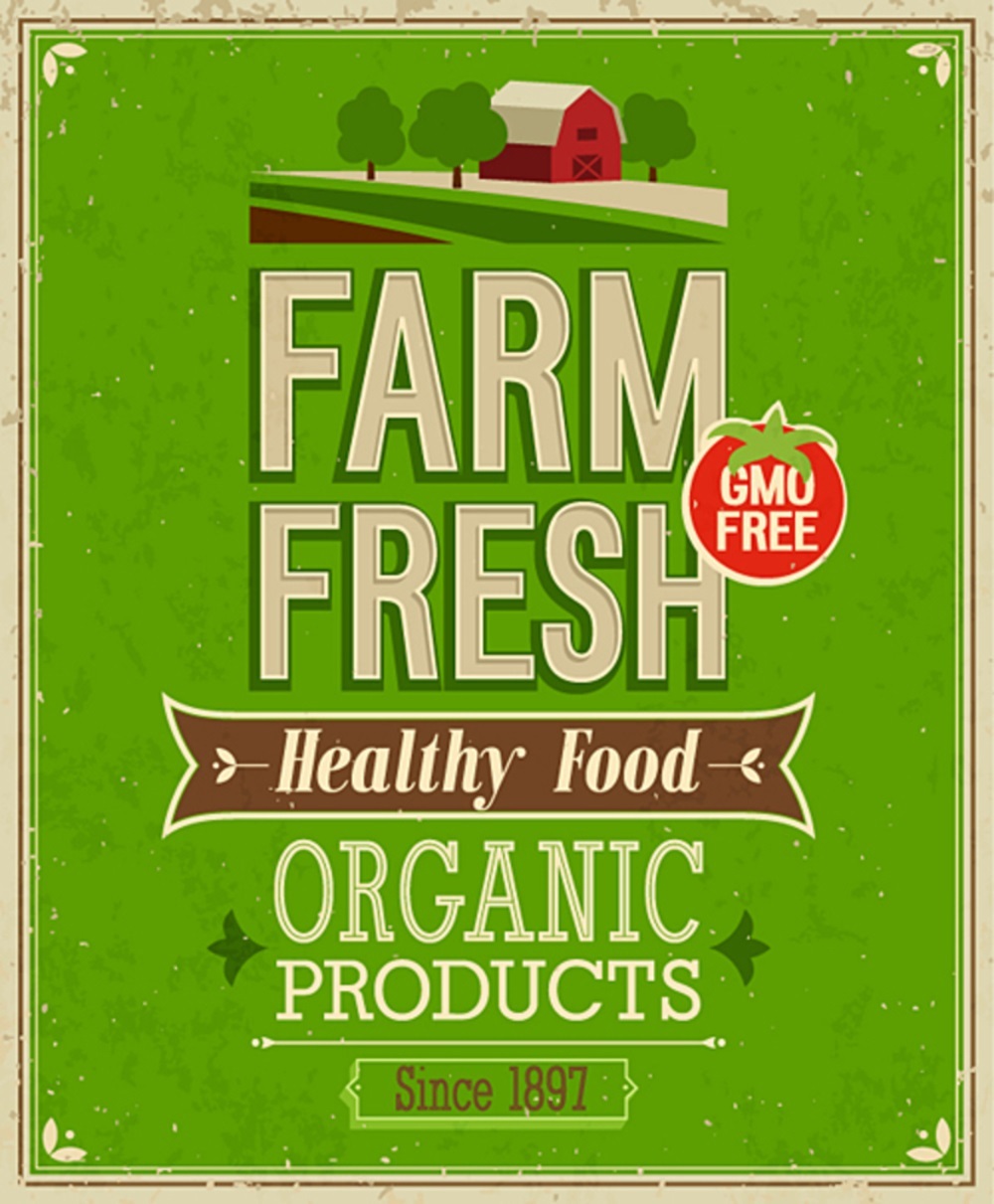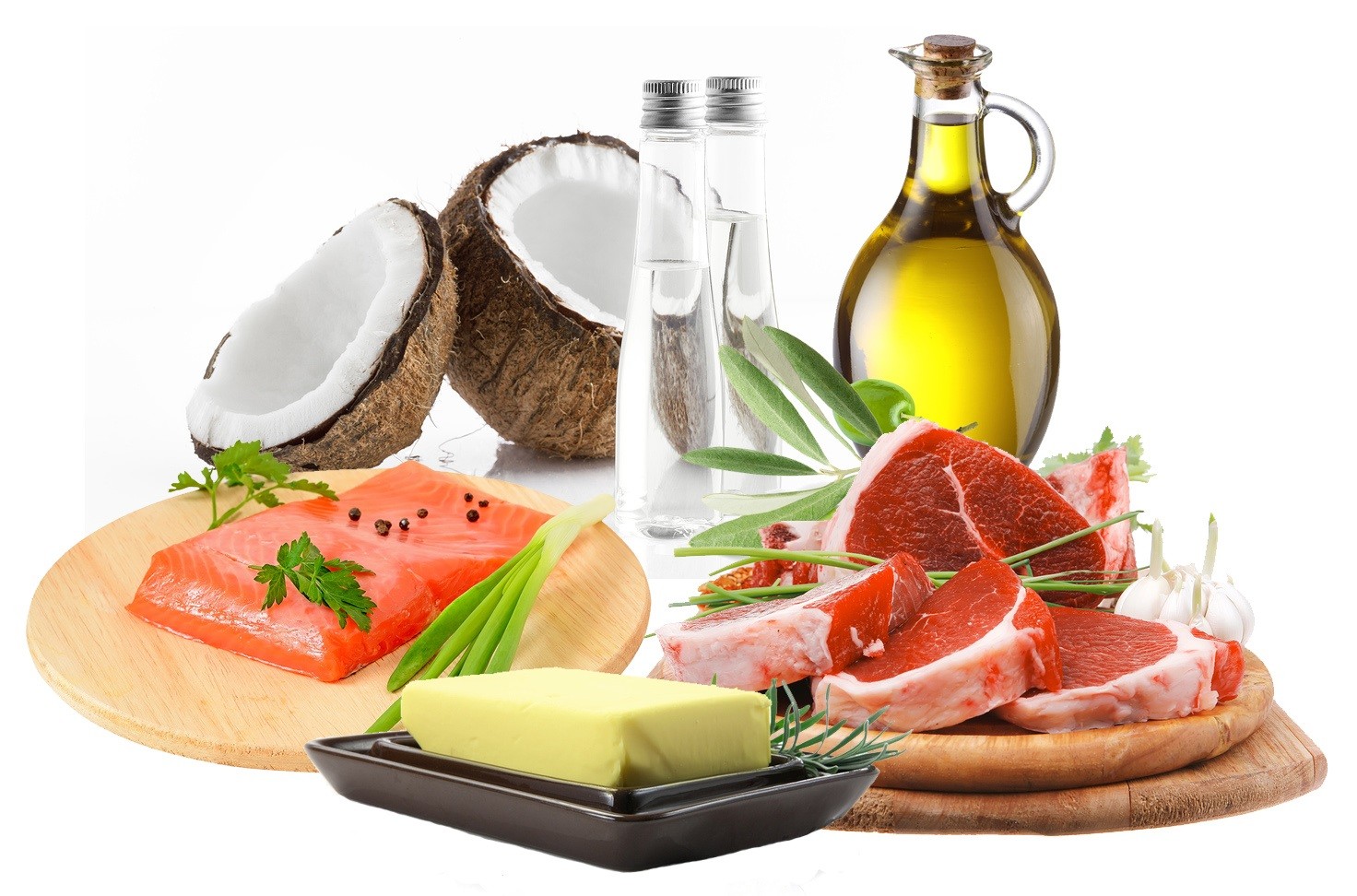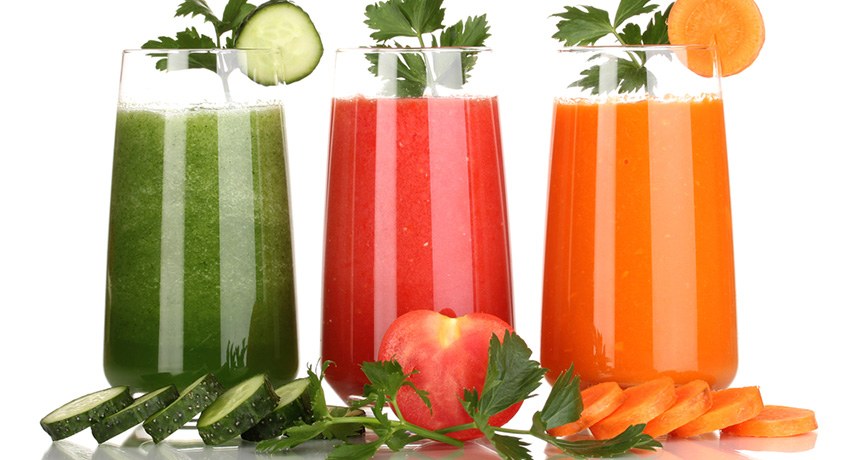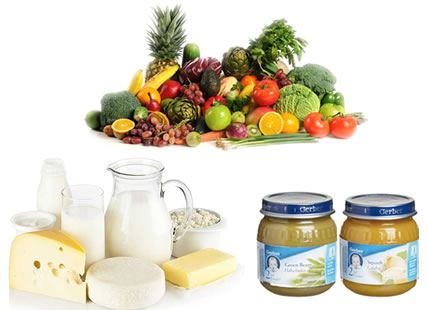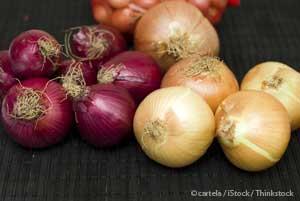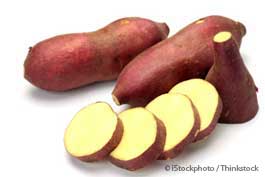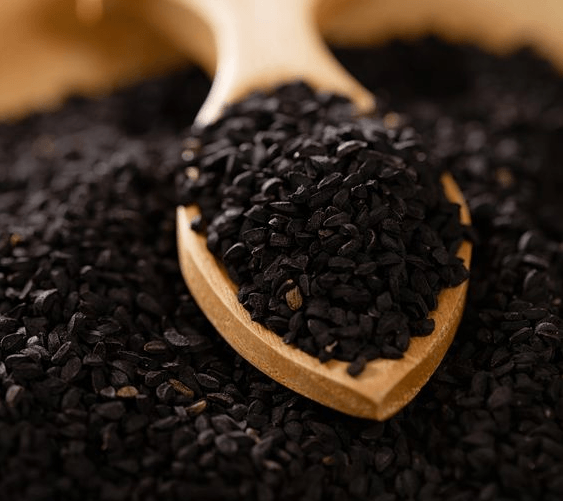Bone Broth—THE Staple of a Gut Healing Diet
Eating a high-quality, nutrient-dense diet is one of the most powerful ways to maintain health and prevent disease. Your gut in particular needs proper nourishment in order to allow your health to really flourish. The Gut and Psychology Syndrome principles (GAPS diet) developed by Dr. Natasha Campbell-McBride is often used to treat children with autism and other disorders rooted in gut dysfunction, but just about anyone with allergies or less than optimal gut health can benefit from it, as it is designed to heal leaky gut.






